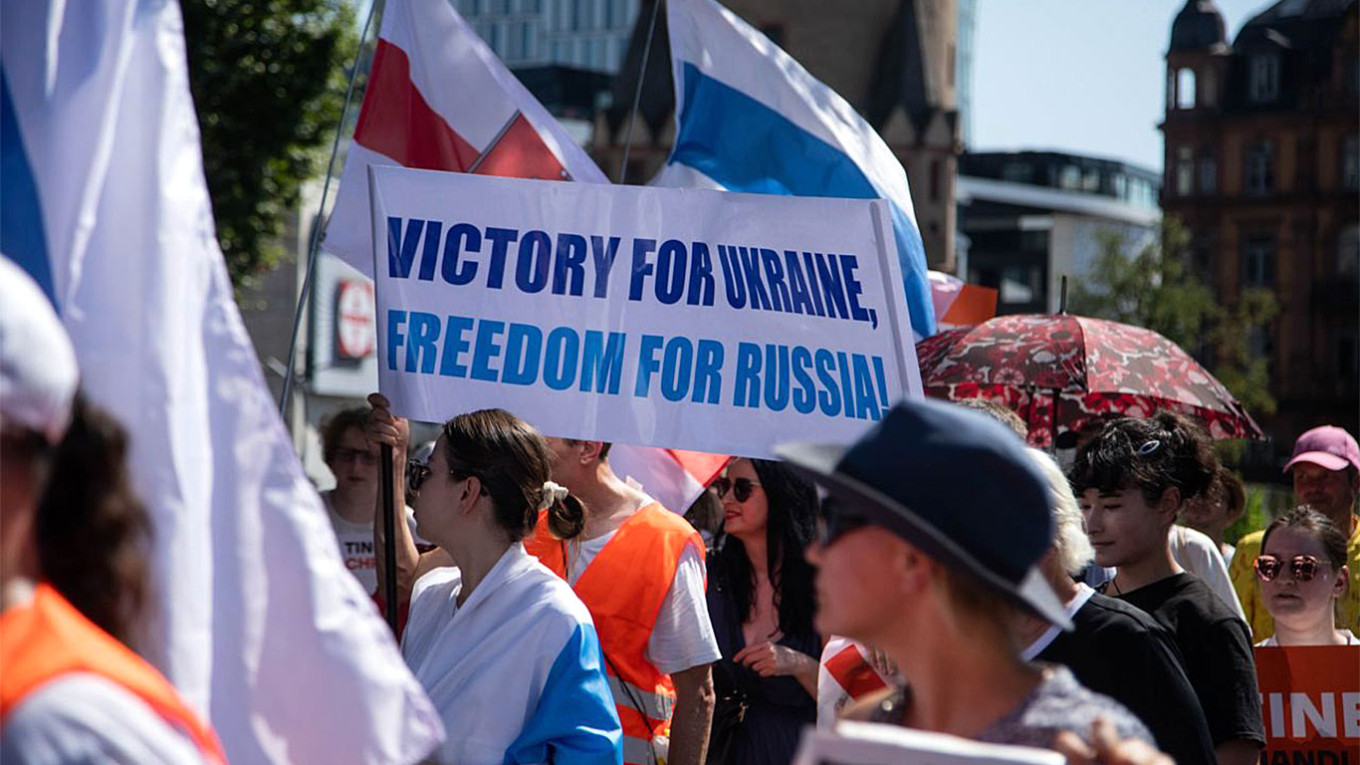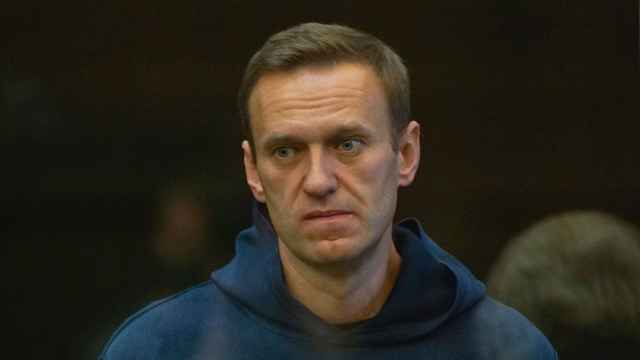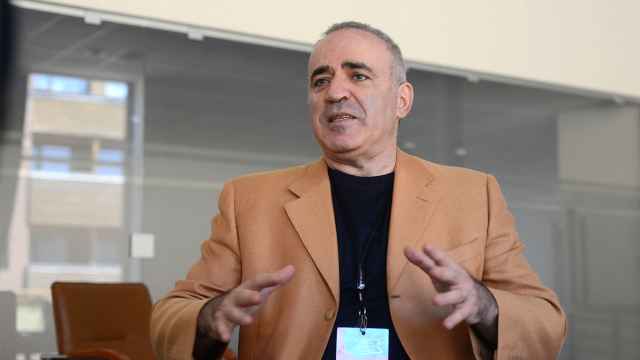Russian politicians in exile today cannot claim true legitimacy to advocate for their countrymen abroad. They lack a democratic mandate, and are riven with infighting. This does not mean they should give up on attempts to advocate for the Russian troops to leave Ukraine or the rights of fellow countrymen who fled President Vladimir Putin’s oppressive regime. But they can pursue these goals by putting aside their differences to form a coalition.
The idea of creating a “Russian government in exile” is deservedly criticized as it would be nearly impossible to pull off under current circumstances. However, the politicians for such a government do exist, they are active, and are known to most people. At this point, they lack the legitimacy that comes from a popular mandate.
To become more credible representatives, opposition forces need to go beyond attracting online supporters or views on YouTube, though that does help spread their message. Building up a track record of defending the interests of exiled Russians will help them gain credibility.
This is especially important because they are unelected. Russian opposition activists in exile do not have a mandate from the people to lobby for initiatives that affect Russian citizens, such as their ability to open bank accounts in the EU.
By championing the issues like this which have a tangible impact on emigres, opposition activists and advocates will gradually gain credibility in the eyes of the potential voters. Over time, this can be converted into legitimacy. In doing so, potential constituents will be able to better envision a future democratic Russia where these political figures run for office and represent their interests.
It’s often asked why Russians can’t choose a political figurehead as was done by the Belarusian opposition with Svetlana Tikhanovskaya. But we should remember that Tikhanovskaya managed to unite the opposition to President Alexandr Lukashenko and, perhaps more importantly, defacto win the presidential election.
The difficulties with unifying the Russian opposition lie in semantics. The various opposition factions clearly want to do away with the highly centralized form of government established by Putin’s regime. But they struggle to clearly articulate that ambition. Whenever unification is brought up, it is clear that, for example, FBK interprets it as a call from a singular political organization. Instead of interpreting unification as forming a single structure, they should consider bringing together different groups to form a coalition.
Many opposition figures say coalitions are useful only if their members have a clear common goal that they are more likely to achieve collectively rather than separately. As it currently stands, the opposition’s most apparent goal is to wait out the demise of the current regime in Russia.
At the same time, the opposition is mostly united in its rejection of highly centralized power structures, so in order to do away with that model in their own ranks, they need to form a coalition in which they will be equals, combining their efforts for maximum effect — for example in trying to get the EU to reconsider the entry restrictions for personal vehicles with Russian license plates.
Therefore, the opposition should pursue a policy of decentralizing Russia. Creating at least some semblance of a government in exile, but this will serve as a blueprint for the future. It can also give Russians something the current government cannot: a vision for the future. This goal will be virtually unattainable without uniting to form a coalition.
It is important to understand that the exiled opposition is not a true parliament with the power to pass laws. Its direct political power would be very limited. Consequently, its main goal should be providing a form of representation for the exiled Russian people, campaigning for issues they deem important.
It’s important to keep in mind that this in no way makes the campaigners and organizations involved in this initiative a ready and assembled government for the new Russia. It grants them some degree of legitimacy and the opportunity to later run for political office. A lack of alternatives is not reason enough to support the opposition.
Politicians of the future will be tasked with developing a vision for Russia’s future. The cumulative experience of each prospective candidate will be essential for formulating ideas on how to build this future.
Today, the Russian opposition has a rare chance of gaining this experience Though in exile, they should find ways to promote the political rights of Russians even if they are not elected representatives.
We do not know when the current regime will come to an end. However, the opposition has an opportunity to develop and offer the population a vision of the future by coming together to form a consensus on their values and goals. Relying on the emergence of a single leader whose agenda everyone will fall behind will achieve nothing.
A Message from The Moscow Times:
Dear readers,
We are facing unprecedented challenges. Russia's Prosecutor General's Office has designated The Moscow Times as an "undesirable" organization, criminalizing our work and putting our staff at risk of prosecution. This follows our earlier unjust labeling as a "foreign agent."
These actions are direct attempts to silence independent journalism in Russia. The authorities claim our work "discredits the decisions of the Russian leadership." We see things differently: we strive to provide accurate, unbiased reporting on Russia.
We, the journalists of The Moscow Times, refuse to be silenced. But to continue our work, we need your help.
Your support, no matter how small, makes a world of difference. If you can, please support us monthly starting from just $2. It's quick to set up, and every contribution makes a significant impact.
By supporting The Moscow Times, you're defending open, independent journalism in the face of repression. Thank you for standing with us.
Remind me later.








